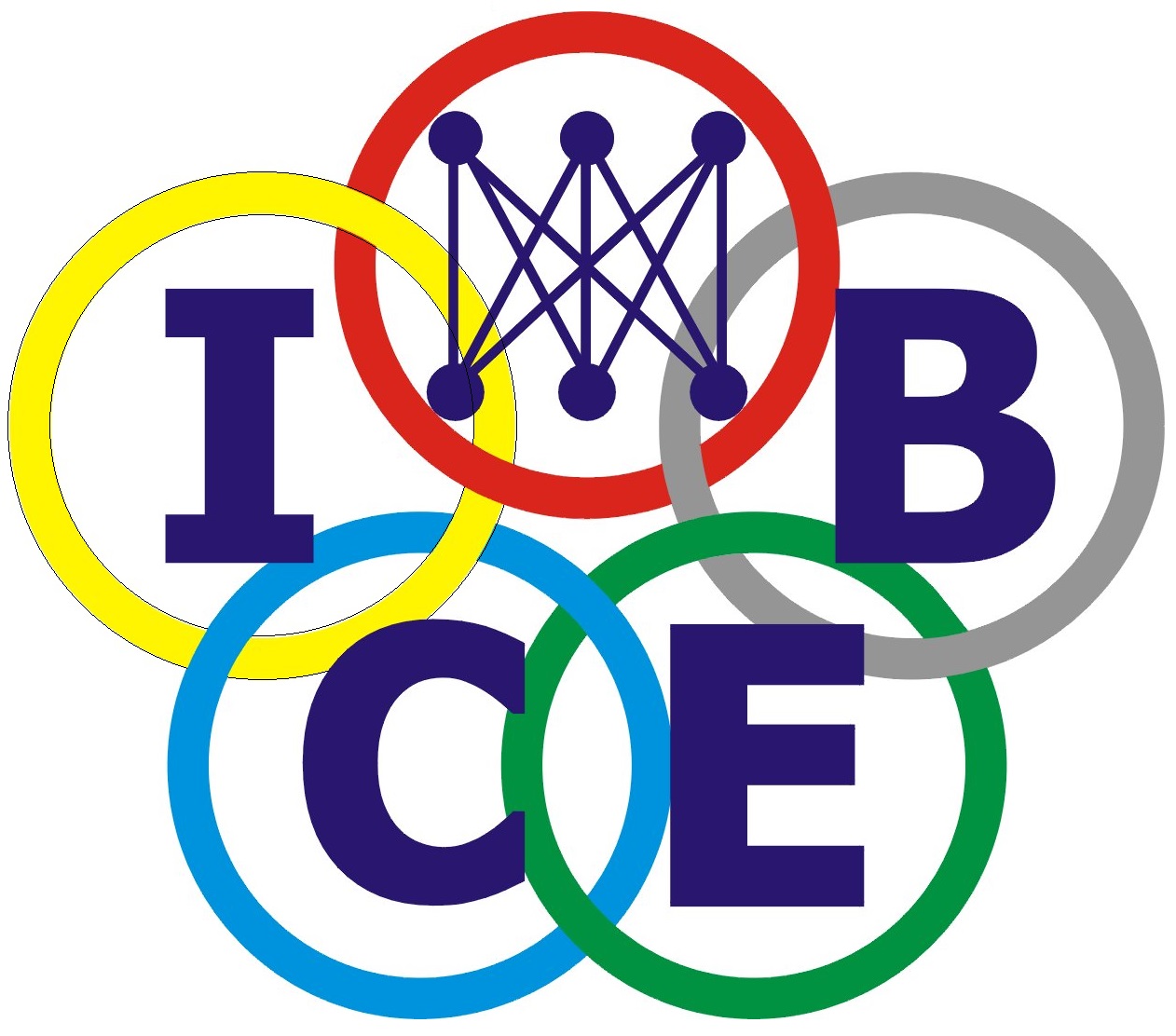Document Type
Article
Abstract
User-centered smartphone interface design is important so that consumers can easily learn about and begin to use newly purchased smartphones. This study first evaluates the effectiveness, efficiency, and user satisfaction of smartphone interfaces in Taiwan in terms of two representational operating systems: Android and iPhone OS. The usability evaluation includes observational experiments, user questionnaires, and the Wilcoxon sign-rank test. This study then conducts the correspondence analysis to summarize positive/ negative evaluations of usage and specification for smartphone OS. In observational experiments, a total of 48 participants with no previous smartphone experience on using smartphone with Android and iPhone OS are asked to perform five common phone tasks. All experiments are recorded and observed. Results and observations are discussed to attain a closer match between user needs and the performance of smartphone OS.
Recommended Citation
Hsu, Chi I; Chiu, Chao Chang; and Hsu, Wen Lin, "Usability Evaluation And Correspondence Analysis Of Smartphone Operating Systems" (2013). ICEB 2013 Proceedings (Singapore). 29.
https://aisel.aisnet.org/iceb2013/29


